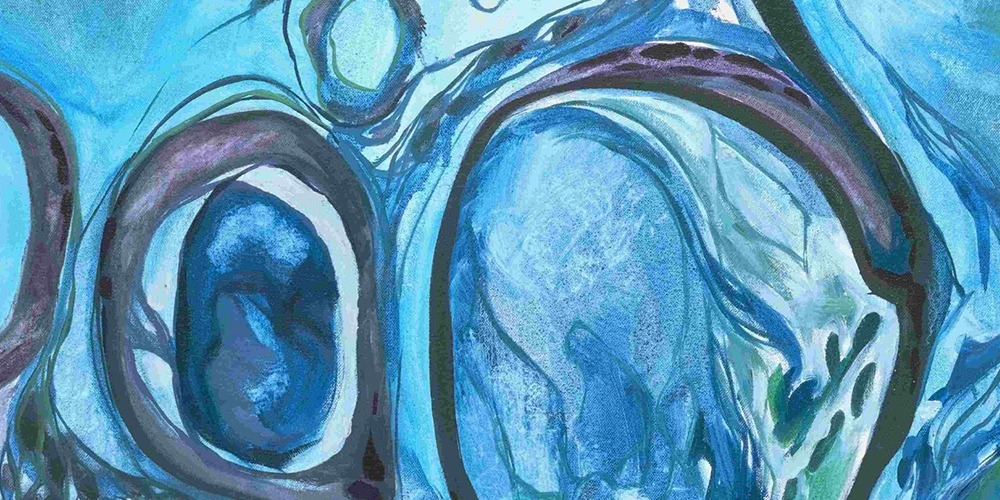Last month, I was invited to present on our latest artificial intelligence application, Automated Quality Control (QC), at the European Congress on Digital Pathology (ECDP) in Berlin, Germany. The European Society of Digital and Integrative Pathology hosted a great event, and the momentum behind digital pathology and AI adoption was clear!
Quality control artifacts affect between 3% and 10% of scanned slides. In turn, images must be manually reviewed before making their way to scientists and pathologists. Automated QC, which is seamlessly embedded in our Concentriq for Research platform, reduces the need for this manual, time-consuming process. It identifies commonly-occurring quality issues in every image of H&E stained slides, driving productivity and quality gains that may allow research teams to start studies faster, increase the reproducibility of results, and reduce technician burnout.
Watch my presentation, “Automated Quality Control of Whole Slide Images Using Artificial Intelligence”
At the core of our system is a UNet, a convolutional neural network architecture that is unique because it leverages both global information and high resolution information (or information from both zoomed out and zoomed in views of the slide). Our system detects tissue, pen marks, air bubbles, and blurry regions. The detected tissue prediction is then analyzed for three tissue-related scanning artifacts: no tissue on the slide, tissue that was cut off by the scanning region, and tissue that was completely left out of the scanning region. Missing tissue is detected by comparing tissue detected in the scanning region of the whole slide image with tissue detected on the slide macro. The throughput of our lightweight system is near ten slides per second, even on a CPU.
Automated QC was trained on over 40,000 slides annotated for artifacts. To date, we have trained on slides from 8 organs and 4 scanner vendors. Our target dataset size is at least 100,000 slides, and we are performing extensive experiments to understand how Automated QC generalizes to unseen slides.
With Automated Quality Control, Proscia is delivering on digital pathology’s first suite of process automation solutions. My team and I are excited to be leading the charge on these solutions as we continue to streamline manual, repetitive tasks with AI and help scientists and pathologists make the most of their valuable time and pathology data.
